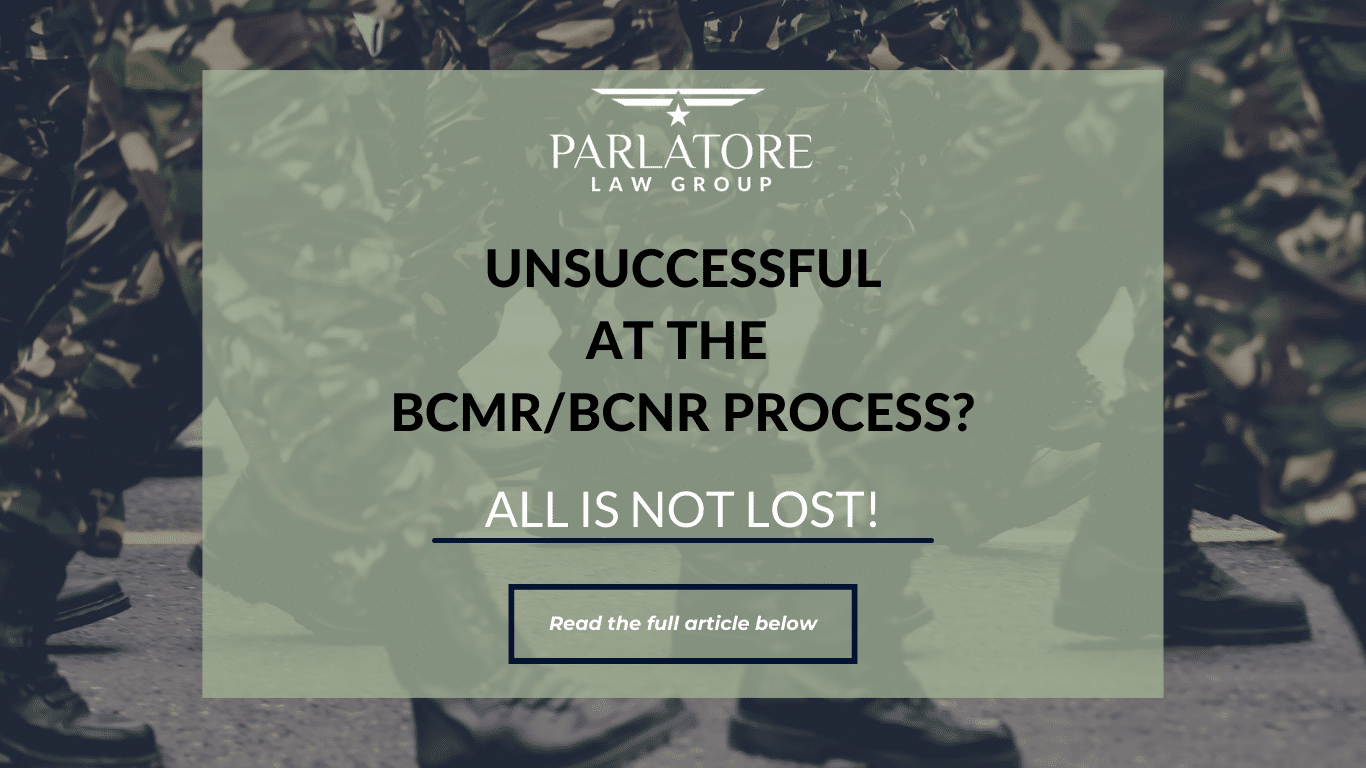Recent changes in the law give veterans new hope of correcting their military records. In the past, courts were required to give great deference to the decisions of the Department of Defense Board for Correction of Military Records/Board for Correction of Naval Records (BCMR/BCNR), but that is no longer the case. The chances for veterans to have the federal courts rule that the BCMR/BCNR has misinterpreted the law or decided the case wrongly is now significantly increased.
Background
On June 28, 2024, the Supreme Court made a watershed decision in Loper Bright Enterprises v. Raimondo, overturning the longstanding “Chevron deference” decision. In the past, federal courts deferred to federal agencies’ interpretations of ambiguous or unclear statutes if the agencies’ interpretations were “permissible”. This new ruling means federal court judges, rather than federal agencies, are now responsible for determining the correct interpretation of the law. While this decision has wide ranging implications for all federal agencies and their employees, this article focuses specifically on military members and the BCMR/BCNR.
The BCMR/BCNR is the highest level of administrative review within each military branch. However, the BCMR/BCNR is not an impartial third party – it is an extension of the military branch that acts on behalf of the branch’s Secretary. When service members appeal unjust decisions to the BCMR/BCNR, the Boards rely heavily upon the “presumption of regularity” and often find the service members has not presented enough evidence to show an error or injustice deserving of correction. Acting as both the judge and opposing party, the Boards simply deny most applications, accepting the military’s explanation when determining service members’ rights and benefits.
Previously Denied BCMR/BCNR Decisions Could be Ripe for Appeal Now
When the BCMR/BCNR denies a petition, the military member can file a lawsuit in federal court under the Administrative Procedure Act (APA) and argue the Board’s decision was arbitrary, capricious, and an abuse of discretion, or otherwise not in accordance with the law. Unfortunately, the courts would normally defer to the BCMR/BCNR’s interpretations of statutes. The new Loper Bright decision means that for military members impacted by an unjust decision or process, now could be the right time to file an appeal for a previously denied BCMR/BCNR petition.
Loper Bright’s Potential Impact on Future BCMR Decisions
While the full effects of the Loper Bright decision require more time to develop, it will likely have a significant impact future BCMR/BCNR appeals, since military members may have greater avenues to challenge unfavorable BCMR/BCNR decisions in federal court. As courts are no longer required to defer to agency interpretations of ambiguous statutes, the military departments, specifically the Department of the Navy, Department of the Army, Department of the Air Force, and the Coast Guard (Department of Homeland Security) are already facing increased scrutiny and challenges from federal courts for BCMR/BCNR’s decisions which simply accepted the interpretation offered by the military agencies.
Should you Challenge your BCMR Decision?
Previously, a service member whose BCMR/BCNR petition was denied had 6 years from the date of the decision to file suit in federal court. However, yet another new ruling by the Supreme Court – Corner Post v. Board of Governors– has ruled, in claims brought under the APA, the six-year statute of limitations does not start until the plaintiff has been injured by the ruling. This means that if a military member petitions the Board, but the Board denies the petition, the member may still be able to pursue relief in federal court even if it’s been more than 6 years since the Board’s decision. This is a significant new benefit for BCMR/BCNR petitioners who may not have realized the detrimental effect of the denial until years later. However, there are other important considerations when determining whether to challenge a BCMR/BCNR decision:
- The Loper Bright ruling only applies to agency interpretations of laws which are ambiguous or silent regarding a particular aspect of its application. Therefore, the courts can still defer to agency interpretation of an unambiguous statute.
- The Loper Bright makes clear that agency expertise should still be considered in determining the validity of the agency’s interpretation.
- It is difficult to know what the court may or may not consider “ambiguous” when analyzing a statute.
- There are new opportunities for service members to challenge unfavorable BCMR/BCNR decisions, even long after the initial ruling, but it all depends on the specifics of each individual case.
Why Hiring a Lawyer with a Successful Track Record for APA Cases Can Help
Having an experienced lawyer who can evaluate your BCMR/BCNR denial, and the rationale offered by the Board can be incredibly useful in determining whether relief may be obtained in federal court.
Author
-

Kieran McDowell is a partner at Parlatore Law Group who focuses her practice on assisting current and former military servicemembers.
View all posts


